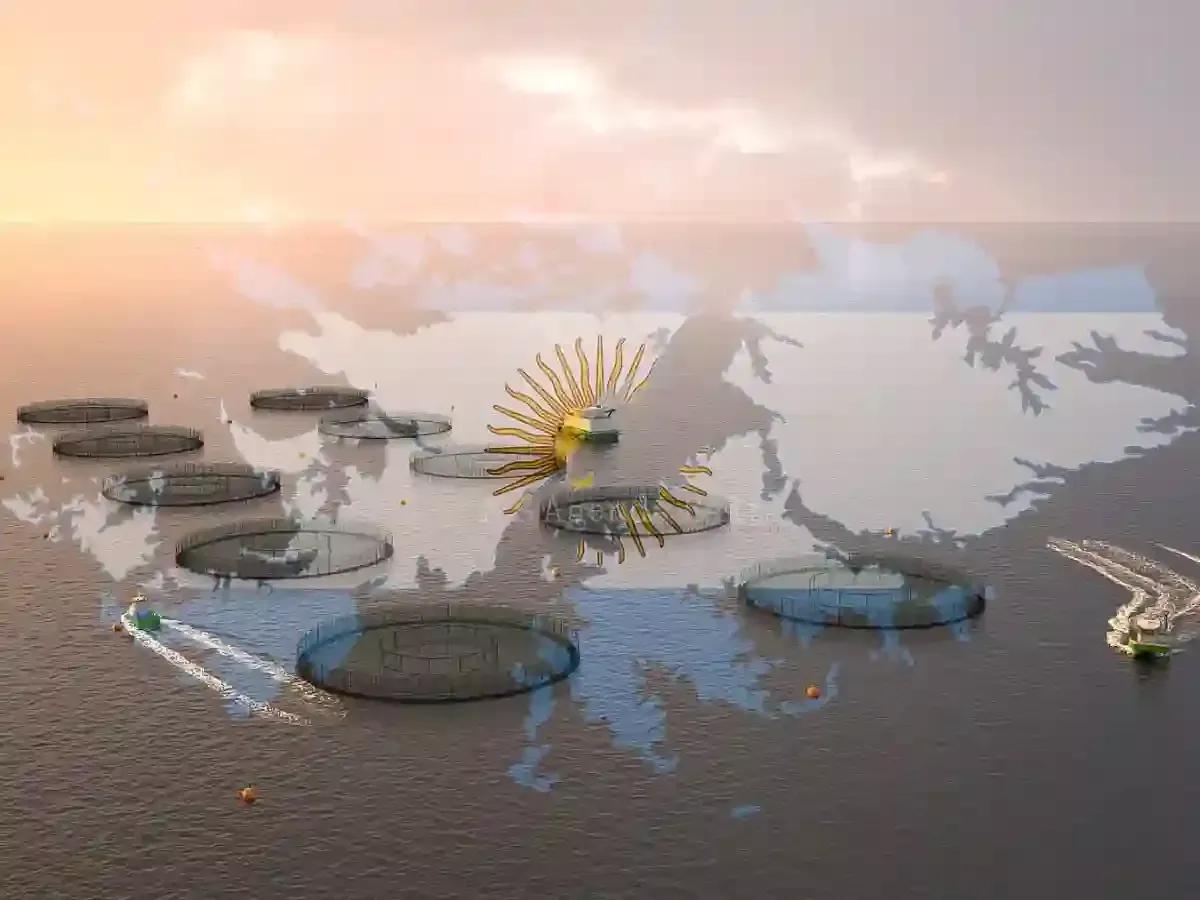In December 2020, the United Kingdom and the European Union reached a post-Brexit agreement that included a key point for London: control over its territorial waters, including those surrounding the Falkland Islands. The treaty enshrined a scheme of licenses and quotas for community vessels but made it clear that the United Kingdom would have the final say on who fishes and where. This represents, for Argentina, much more than an environmental dispute: it is a geopolitical advance masked in international legality, a modern expression of conflict that forces us to rethink the ways in which sovereignty is exercised in the 21st century.
The defense of natural resources under a conservationist guise has begun to take increasingly sophisticated forms. The recent ban on salmon farming in Argentina (June 30, 2021), driven by organizations such as Greenpeace, was celebrated in international media as an environmental victory. However, when analyzing the geopolitical context, the timing coincidence, and the practical consequences of this decision, it becomes inevitable to see a connection with the indirect influence strategies that characterize hybrid warfare.
The concept of “hybrid warfare” was developed by American military analyst Frank Hoffman in his book Conflict in the 21st Century: The Rise of Hybrid Wars (2007). Hoffman, a former Marine officer and strategy expert at the U.S. Naval Analysis Center, wrote this essay in a context marked by the Iraq war, the rise of global terrorism, and the need for new conceptual tools to understand conflicts that did not follow conventional rules. In his thesis, Hoffman defines hybrid warfare as a form of conflict where conventional military tools are combined with irregular tactics, informational warfare, cyber operations, and economic or political pressure, all simultaneously and coordinated. The goal: to erode the adversary's reaction capacity without the need for a declared war.
Applied to our case, British control of the waters around the Falklands, now strengthened by the agreement with the EU, creates a scenario of effective exclusion of Argentina from the exploitation of fishing resources in an area it claims as its own. Furthermore, the legitimization of this control is complemented by non-military movements, such as environmental campaigns by NGOs based in London or Brussels, that act in the Global South with a supposed neutrality that is rarely the case. Greenpeace, for example, which played an active role in the campaign against salmon farming in Tierra del Fuego, is an organization with historical ties to European governments and significant foreign funding.
By prohibiting salmon farming, Argentina economically disarms itself in a region with a strong British presence and increasing militarization, while the United Kingdom exploits the resources of the South Atlantic without checks. It is not about defending environmental predation but understanding that strategic decisions must balance sustainability with sovereignty. Producing salmon in Tierra del Fuego did not imply destroying the ecosystem, but engaging economically in a board where we have already lost too many times due to inaction or naivety.
Hybrid warfare is neither science fiction nor a conspiracy theory. It is a modern form of domination where state actors use non-military instruments—such as trade treaties, NGOs, external funding, or environmental regulation—to consolidate strategic positions. In this sense, the post-Brexit agreement, which ratifies British control over disputed areas with Argentina, is not an isolated fact. It is part of a long-term strategy where hard and soft power are combined to close our country's access to its own resources.
Argentina needs to understand this logic to respond accordingly. We must strengthen our scientific, productive, and diplomatic capabilities to compete in the South Atlantic with intelligence and determination. Symbolic declarations are not enough: we need public policies that articulate national defense with economic development. Recovering the Falklands, in the 21st century, will not be a military operation, but a complex battle where knowledge, production, and sovereignty are more intertwined than ever.

Comments